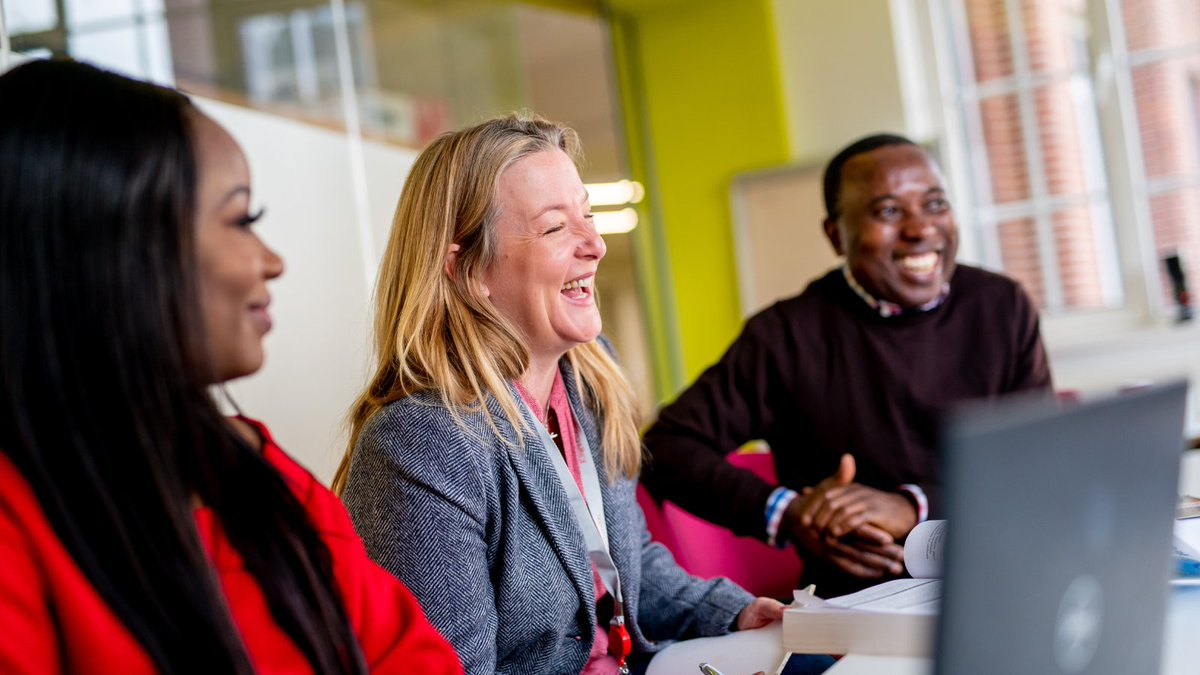In Part 1 of our Equality, Diversity and Inclusivity (EDI) series, Yinru Zhang, Undergraduate Fellow, spoke to Georgia Mannion-Krase, the co-chair of the EDI Group at the Cancer Prevention Trial Unit (CPTU). Georgia gives a brief introduction to the EDI Group and talks about her experience in working on the group’s projects.
How was the group started?
As our main funder, we looked to Cancer Research UK’s EDI policy and action plan for guidance. Within their strategy there are sections related specifically to research groups that they fund. We used this as a basis to develop our own strategy, tailored to what was relevant to our group. The group was formed by inviting colleagues with relevant experience and those with an interest in EDI to join to discuss, agree and work on our strategic priorities.
What does the EDI group do?
Our aim is mainly to look back at what we have done up to now, and to look forward to what we want to be doing. We started with reviewing the practices we have in place regarding EDI, both in our clinical trials and in the work environment we have created for our staff. Based on what we found, we made a plan for what we need to achieve, setting out an action plan that is feasible for us to accomplish within our newly formed EDI group.
What has the group done so far? What future outputs can we expect?
We have taken a two-pronged approach. The first was with the individual study teams within the Cancer Prevention Group. We asked them to talk about how they consider the areas of EDI in their studies, and what they have done to improve them. Then we pulled out some examples to create case studies for what we had done well previously. For each case study, we aim to produce a report for future research teams to refer to, and a blog post for the public to raise awareness of the importance of EDI in clinical research. Secondly, we did an anonymous survey of staff characteristics to get a sense of the level of diversity within our team. We then compared our data to the averages of these characteristics in London and the UK to see where we stand, and what we can improve on.
From the data we have collected, we hope to generate new ideas on how we can improve the practices of EDI. We are also working on producing the PPI (Patient and Public Involvement) & EDI assessment tool which aims to prompt more conversation around EDI in the early stages of setup in clinical trials, so that the trial teams can prepare enough resources for the implementation of EDI strategies in later stages. Ultimately, we will publish an EDI policy document which consolidates our objectives.

What challenges have you encountered when doing the audit?
I was very conscious that for the anonymous survey of our team, some people are reluctant to share information on protected characteristics, for a good reason. I made sure that everyone knew only I had the access to the raw data, and I turned it into aggregated data for group discussion. I also found it tricky that people interpreted the questions in different ways, so it was quite challenging to summarize the answers in the free text sections.
What is your favourite part of working in the EDI group?
My favourite part is having the opportunity to work on projects that could really benefit my colleagues, and the people we do research about and for. It is also something I have personal interest in as well. We have a diverse team and since this group is specifically formulated to assess and improve EDI, this is a platform where the input and opinions of our all of our colleagues, with their different lived experiences, are really valued.

The views expressed are those of the author. Posting of the blog does not signify that the Cancer Prevention Group endorse those views or opinions.

